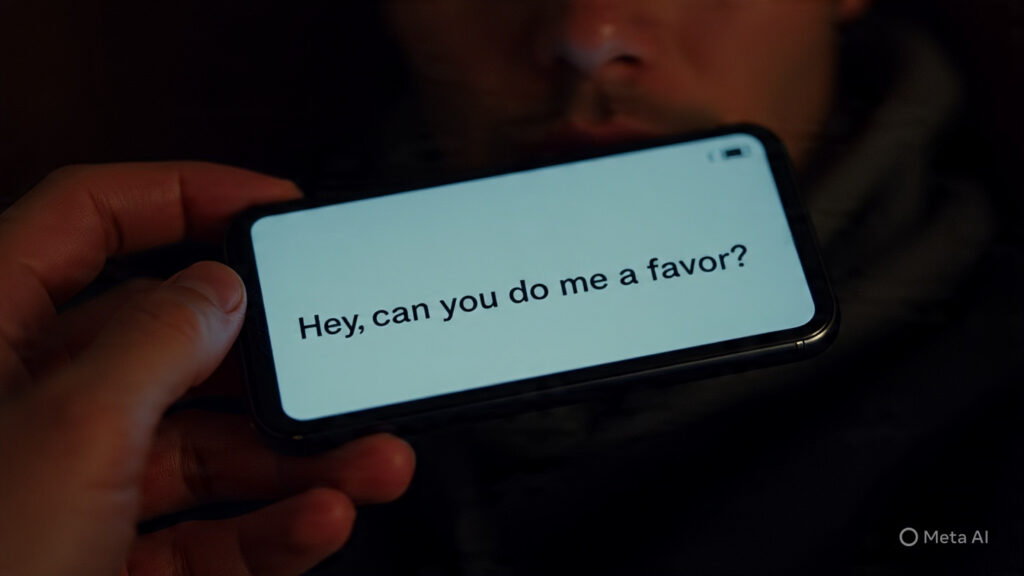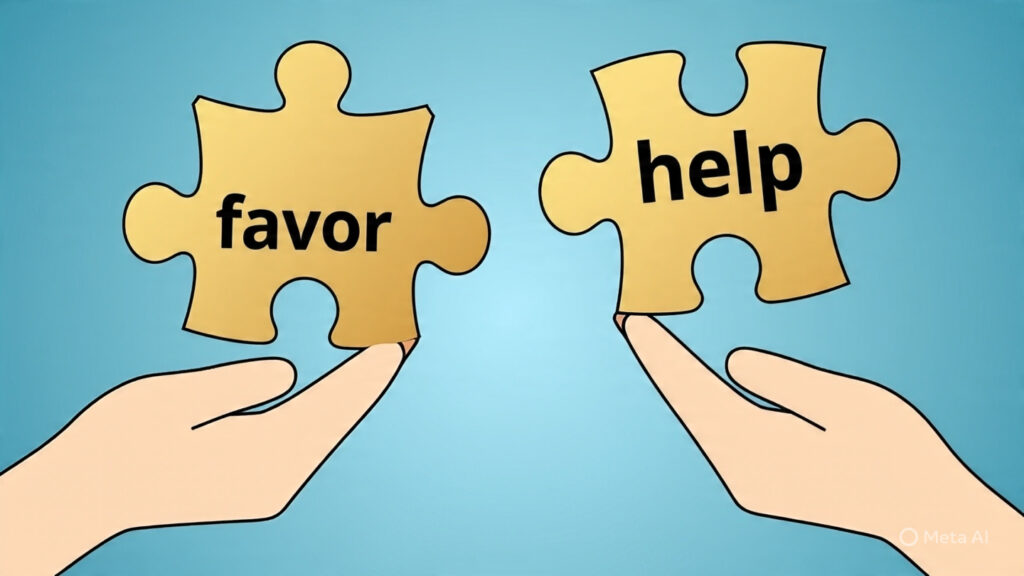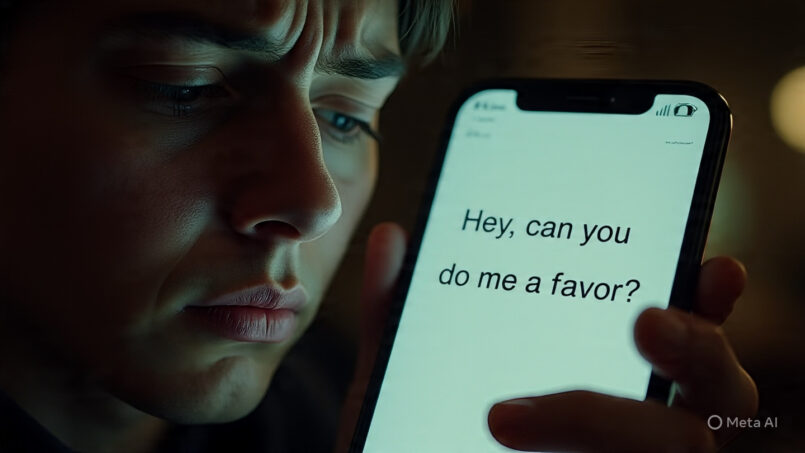Our phones buzz with messages all day—some filled with warmth, others with requests. But have you noticed how certain people only text when they need a favor? Maybe it’s borrowing notes, asking for career advice, or requesting a ride. Over time, these patterns reveal something deeper: the reality of transactional relationships.
These are connections shaped less by genuine care and more by exchange. When communication becomes one-sided and purpose-driven, we begin to wonder—are we truly valued as friends, or are we just being “used”?
This article explores what transactional relationships are, why people fall into them, and how they affect our emotional well-being. More importantly, we’ll discuss practical strategies to handle such dynamics and move toward healthier, balanced interactions.

What Are Transactional Relationships?
At their core, transactional relationships are built on a trade-off. They operate on the principle of “I give, you give.” Each interaction is tied to what one person can gain—whether that’s help, resources, or support.
This isn’t always negative. In workplaces or business partnerships, transactional bonds help set clear expectations. But in personal life—friendships, families, or romantic connections—too much transactionality can strip away emotional intimacy. Relationships feel less like companionship and more like contracts.

The Norm of Reciprocity: The Backbone of Social Bonds
Psychologists often talk about the norm of reciprocity—the idea that kindness should be returned with kindness. If a friend helps you move, you feel inclined to help them when they need support. This natural give-and-take builds trust and sustains long-term bonds.
But transactional relationships often distort this rule. Instead of balance, one person consistently takes while the other gives. When you realize you’re always the one showing up, the relationship begins to feel lopsided.

When Reciprocity Becomes One-Sided
Picture this: every time your phone lights up with a certain person’s name, you already know they’re about to ask for something. Rarely do they check in, celebrate your wins, or offer emotional support.
This imbalance leads to:
- Erosion of trust – You start questioning if the person values you or just your help.
- Emotional distance – Conversations lose depth and warmth.
- Resentment – You feel more like a service provider than a friend.
Over time, these patterns drain energy and self-worth. Relationships that should feel safe and supportive instead begin to feel like a burden.

Why Do People Engage in Transactional Relationships?
Not all one-sided communication is intentional or manipulative. Several psychological and personal factors explain why some people lean into transactional relationships:
1. Need Fulfillment and Goal Orientation
For some, communication is purely functional. They see texting as a tool to achieve a goal—getting notes, advice, or a ride. Maintaining emotional closeness isn’t their priority.
2. Social Anxiety or Fear of Rejection
People with social anxiety often find small talk difficult. Asking for something gives them a clear purpose and reduces awkwardness. It feels safer to reach out only when there’s a reason.
3. Personality and Practicality
Introverts or highly pragmatic individuals may naturally approach conversations in a task-oriented way. To them, “checking in” without a reason feels unnecessary.
Understanding these drivers doesn’t excuse the imbalance, but it helps us approach the situation with empathy rather than only frustration.
Case Study: The “Convenience Friend”
Consider Sarah and Mike. Sarah often texts Mike only when her car breaks down. She needs advice, a ride, or help with repairs. Mike is always willing, but he notices Sarah never asks about his life or invites him out socially.
Over time, Mike feels less like a friend and more like an unpaid mechanic. The imbalance makes him question whether the relationship is genuine.
This scenario reflects how transactional relationships can subtly reduce friendships into roles—where one person benefits while the other feels unseen.
The Impact of Transactional Relationships
The emotional toll of one-sided interactions is heavy. When you’re constantly giving without receiving, you may feel:
- Unvalued – as if your worth lies only in what you provide.
- Dismissed – when your needs are overlooked.
- Disconnected – lacking true emotional intimacy.
Healthy relationships nurture both people. When they slip into pure transactionality, the very purpose of connection—mutual support and joy—gets lost.

How to Navigate “Ask-Only” Texters
If you’re caught in a transactional dynamic, you don’t have to accept it silently. Here are ways to address the imbalance:
1. Set Clear Boundaries
It’s okay to limit how much you give. Instead of dropping everything whenever asked, say:
“I can help, but only on weekends,” or “I’m not available this time.”
Boundaries protect your energy and signal that your time is valuable.
2. Communicate Directly
Honesty is powerful. Use “I” statements to express your feelings. For example:
“I feel a little used when I only hear from you for favors. I’d love it if we could also talk just to catch up.”
This invites reflection without sounding accusatory.
3. Reevaluate the Relationship
Not every connection is worth keeping. If a relationship leaves you drained, it may be healthier to step back. Friendships should uplift, not deplete.
Expert Insights on Transactional Dynamics
Relationship experts emphasize that balanced reciprocity is essential. Bonds thrive when both people invest effort, time, and care. Without this, resentment grows, and the connection weakens.
Sociologists also note that some individuals treat friendships as social capital—resources they “tap into” when needed. This utilitarian view reduces relationships to investments, stripping away emotional authenticity.
Recognizing this mindset helps you protect yourself from being undervalued in your personal network.

Moving Beyond Transactional Relationships
While it’s important to spot and respond to transactional patterns, it’s equally vital to nurture healthier interactions:
- Initiate without motive – Text friends just to share joy or check in.
- Offer emotional presence – Celebrate their wins, comfort their lows.
- Encourage mutuality – Foster a give-and-take that strengthens trust.
Digital communication shouldn’t only be about requests. It can also be a space for genuine connection, laughter, and support.
Conclusion: Rebalancing the Scales
In today’s fast-paced digital world, it’s easy for interactions to slip into transactionality. While not always malicious, these patterns can erode trust and leave relationships hollow.
By understanding the psychology behind transactional relationships, setting healthy boundaries, and communicating openly, we can shift toward more balanced connections.
Ultimately, the best relationships aren’t measured by what we gain but by the comfort, trust, and joy they bring. Let’s aim to build connections rooted not in transactions, but in true companionship.







